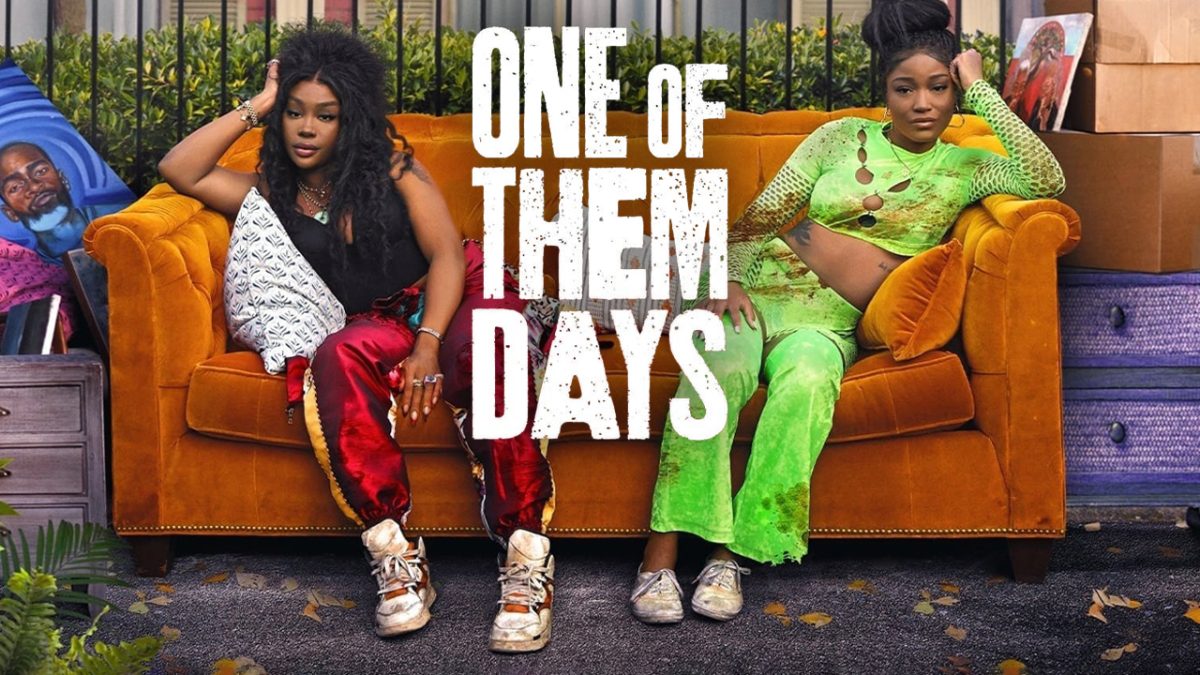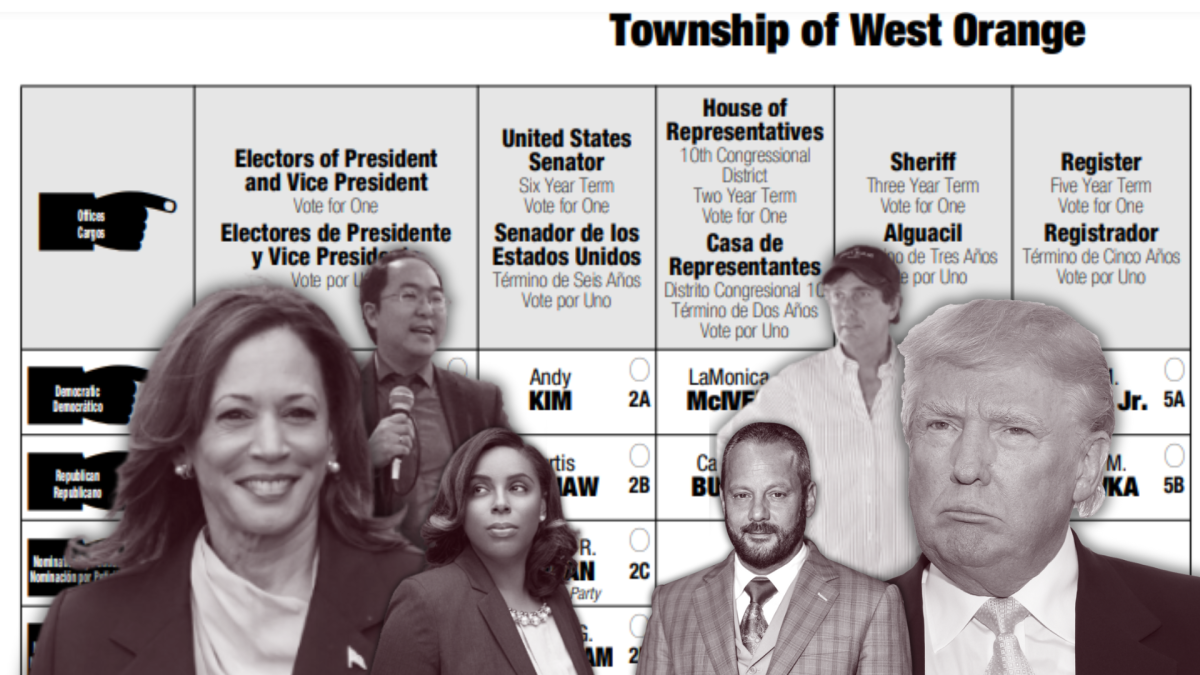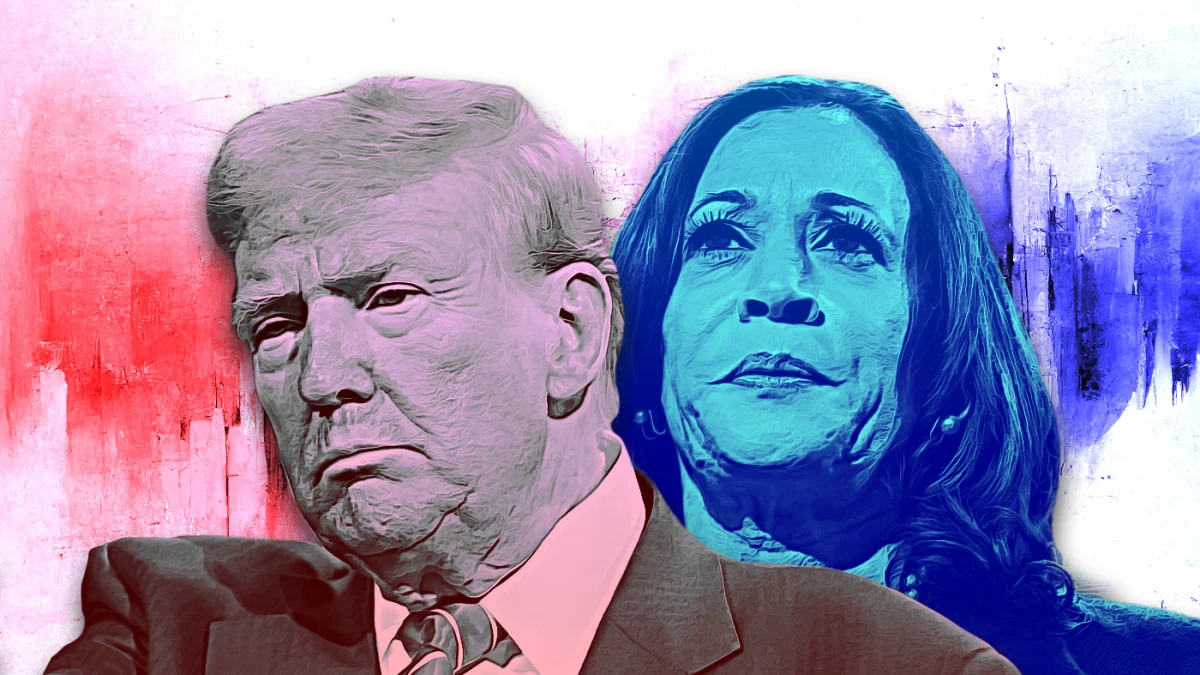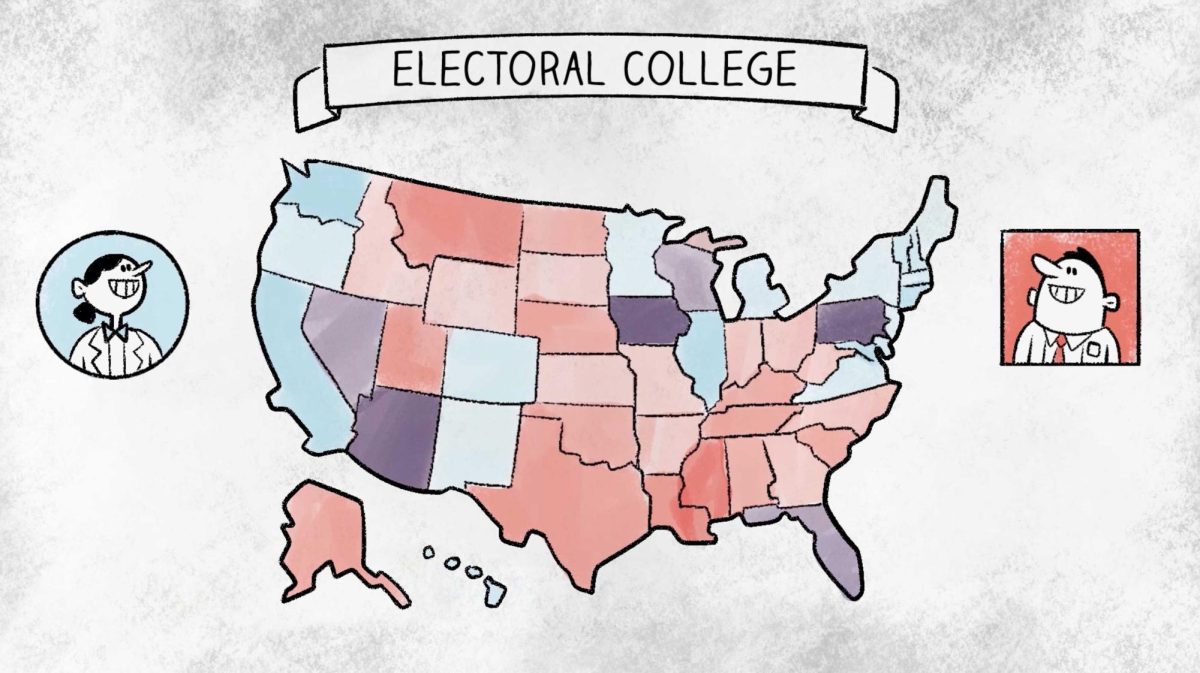In 1973, the United States Supreme Court’s decision in Roe v. Wade established a woman’s right to choose to have an abortion under the 14th Amendment, fundamentally changing the landscape of reproductive rights in America. For nearly half a century, Roe was a legal touchstone, affirming the right to choose in matters of family planning and medical decision-making. However, in June of 2022, the Supreme Court overturned Roe v. Wade in Dobbs v. Jackson Women’s Health Organization, ruling that the Constitution does not guarantee a right to abortion. Now, only certain states allow women to get an abortion and have access to other reproductive medication, such as birth control.
A Broader Domino Effect on Rights
At its core, the abolishment of Roe does not only concern reproductive decisions—it is about the underlying right to choose, which extends beyond reproductive rights.
The Supreme Court’s undoing of Roe v. Wade has long-term implications that could potentially jeopardize rights that Americans might take for granted. Many privacy rights are based on the principles upheld in Roe—the idea that personal decisions about one’s body, relationships, and home life are shielded from undue government interference.
Furthermore, national cases such as Griswold v. Connecticut (1965), which established the right for married couples to use contraceptives; Lawrence v. Texas (2003), which struck down laws criminalizing same-sex relationships; and Obergefell v. Hodges (2015), the case legalizing same-sex marriage, hinges on the same right to privacy that Roe v. Wade upheld. All these cases could be overturned if the Supreme Court decides to revisit them.
The recent Supreme Court ruling against affirmative action further reinforces this shift away from policies that have historically protected individuals’ choice and equal opportunity. Affirmative action was intended for historically marginalized groups in the college admissions process by acknowledging race as a factor in admissions. However, in June 2023, the Court determined that race-conscious admissions policies violated the Equal Protection Clause, arguing they were “neither precise nor sufficiently measurable.” The end of affirmative action marks another instance where the Court has dismantled a policy meant to support individual choice.
To reiterate, Roe and the affirmative action ruling illustrate a pattern that reaches beyond reproductive rights or college admissions policies. In both cases, the Court’s stance signals a departure from prior protections that have shaped Americans’ ability to make private, deeply personal choices.
The Trump Administration’s Potential Role in Shaping the Future of Rights
With Donald Trump once again in office, these judicial trends could intensify. Trump has already had a lasting impact on the judiciary; during his first term, he appointed three conservative justices—Neil Gorsuch, Brett Kavanaugh, and Amy Coney Barrett—who shifted the Court’s ideological balance. These appointments laid the groundwork for the recent rulings on Roe and affirmative action, and with Trump in office, the Republicans retaking control of the Senate, and possibly the House of Representatives, he may have the opportunity to appoint more conservative judges to both the Supreme Court and lower federal courts. This could further damage democracy and create limited government intervention in matters of equal opportunity.
Under Trump’s administration, other hard-won rights, such as protections for LGBTQ+ individuals, access to contraception, and even voting rights, may come under scrutiny.
Trump has previously expressed support for rolling back protections that he views as unnecessary or politically motivated.
Looking Ahead: A Shift in American Identity?
The recent Supreme Court decisions influenced by Trump’s administration suggest a shift in what it means to be American, especially when it comes to personal freedoms, fairness, and opportunity. For many, these rulings feel like a step away from protecting the rights of marginalized communities, as the Court now tends to interpret the Constitution in ways that limit federal involvement in personal and social issues. This change has raised concerns about the future of a society that values diversity, equal opportunity, and the freedom to make individual choices.
Looking ahead, the next few years will be critical in shaping the nation’s future. The decisions made by elected officials, whether at the local or federal level, will determine how the country approaches issues like privacy, equality, and personal freedom. For many, this means that voting—especially in state elections—has never been more critical. The outcome will affect the rights and freedoms of everyday Americans and how we choose to define what is fair and just.
At this moment, Americans are being asked to think deeply about the kind of country they want to live in. The recent Supreme Court rulings and the direction set by the Trump administration are pushing the nation toward a new identity—one that will be felt for generations.











































































